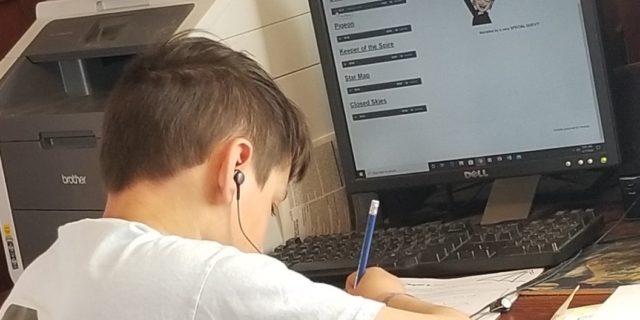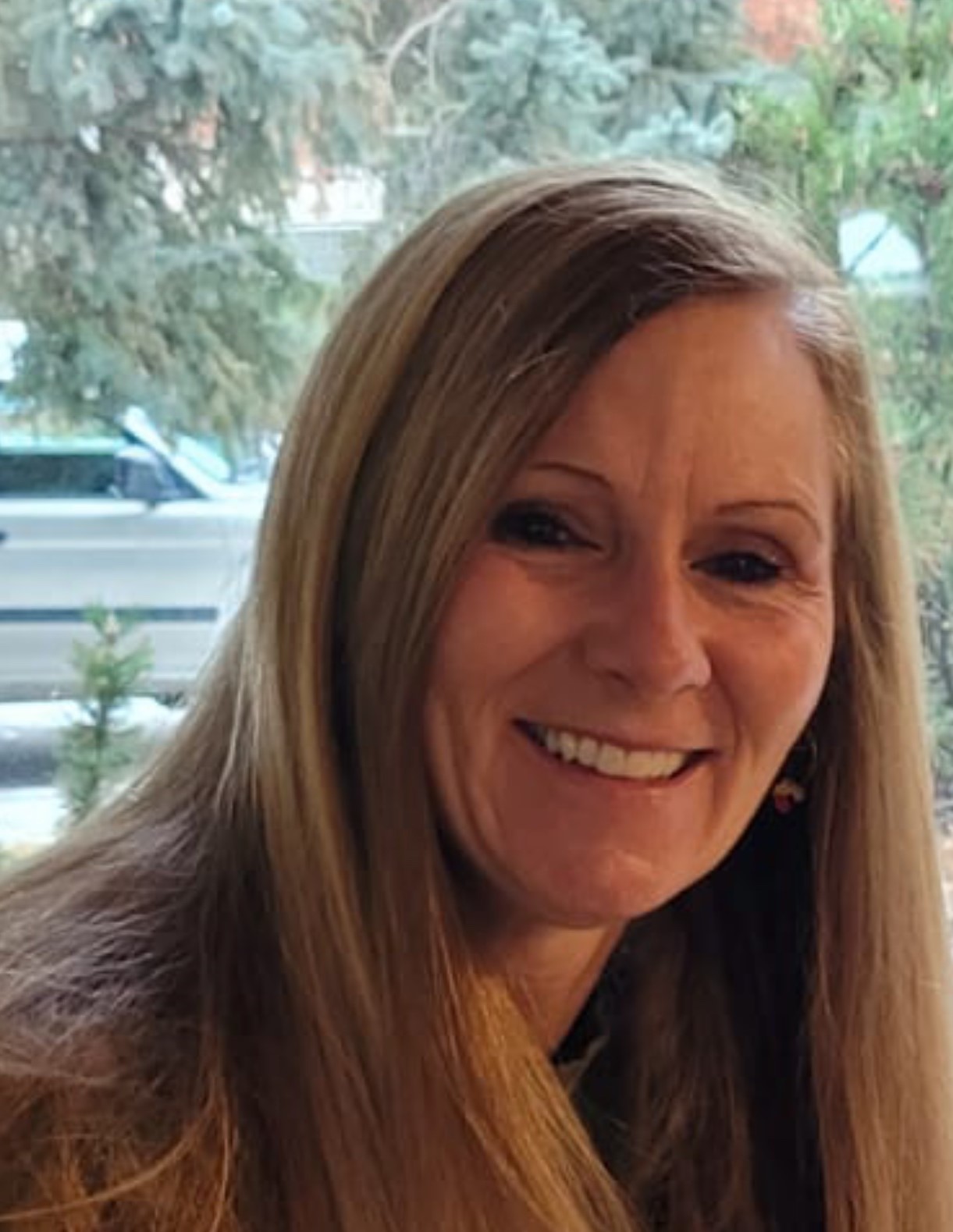
By
Shelley Kokorudz
January 2021
Print Version
What you need to know
This research analyzed the experiences of pre-service teachers from the Faculty of Education at Brandon University during their final practicum placement. Covid-19 arrived in Manitoba at the onset of these placements resulting in significant adjustments to the completion of these placements. Respondents to this project offered valuable feedback that could guide discussions around future provincial and national reform in education, particularly in the area of virtual at-home learning.
Why this research is important
Despite the unprecedented move to remote teaching and learning during Covid-19, Lieberman (2020) reported, “many teachers are seeing how online learning can make it easier to move students in the same class at different paces and provide one-on-one feedback for struggling students when they’re not all in the same physical space” (p. 13). However, the stress of Covid-19 may also have a negative effect on the retention of teachers or the attraction of new teachers to the profession. Lambert, Trott, and Baugh (2020) reported that one-third of teachers in the United States would leave the profession due to the increased health risks of Covid-19, leaving a shortage in the system. It is possible that Canadian educators may also be reconsidering their commitment to the field of education. Faculties of Education must prepare to meet the future demands of educators in the field.
In an Alberta study, Chu et al. (2020) argued for more support and training for educators “to adequately address students’ diverse needs” (p. 222). When Covid-19 forced school closures, advocates for students with disabilities voiced concern (Mitchell, 2020) about the quality of education for students with individual education plans (IEPs). A commitment to providing an appropriate and quality education for all students through the lens of disability and the philosophy of inclusion is extremely important in the efforts of advocates to ensure that the diversity among learners is considered in any planning for future education reforms.
How this research was conducted
A survey consisting of 21 questions was posted to Survey Monkey, an online website that allows participants to post their responses anonymously and confidentially. A deadline for responses was included to expedite a timely response to the survey. Following the closure of the survey, several pre-service teachers contacted the researcher via email to provide an account of their final practicum experiences. These email respondents expressed regret for not responding to the survey in a timely manner but wanted to provide comments that they felt were noteworthy. Given the challenges that were being experienced during the unprecedented events associated with Covid-19, the researcher made the choice to include the comments submitted through email correspondence, merging the email submissions into the online survey data.
What the researcher found
Covid-19 impacted public schools and post-secondary faculties of education without warning, causing ripple effects that forced educators to deliver curricula to students in ways for which they were unprepared. If Covid-19 has taught educators anything in all its chaos, it is that the system was not prepared for the extreme shift necessary to maintain teaching and learning processes.
One implication drawn from this study is the need for more research into the impact of virtual learning platforms on specific school-age groups, cultural groups and students with disabilities. Levels of engagement of student learning is also an area that deems further understanding. If future reform in education may include a choice in learning platforms, pertinent data reflecting preferences for learning platforms across a diverse population of learners may be valuable.
The probability exists that even with the eradication of Covid-19 through medical advancements, education may not return to its pre-coronavirus state of existence (Lieberman, 2020). As such, the second implication derived from this study is that faculties of education must engage in the processes of reflecting on current programs and making changes that will best prepare future educators for the reality of various modes of delivering curricula.
How this research can be used
This study, coupled with the recent literature confirming the future of virtual learning options, reinforce the need for appropriate teacher preparation in the inevitable changes to pedagogical practice. All students must also have access to appropriate technological equipment to ensure equity through virtual learning platforms. Finally, a continued commitment to support diverse learners with physical and learning disabilities must be established to protect their fundamental human rights to a quality appropriate education (Chu et al., 2020).
About the Researcher
Keywords
- COVID-19
- disabilities
- education reform
- pre-service teacher programs
- virtual learning
Editor: Christiane Ramsey
Read more BU Research
Research at Brandon University follows comprehensive policies designed to safeguard ethics, to ensure academic integrity, to protect human and animal welfare and to prevent conflicts of interest.

